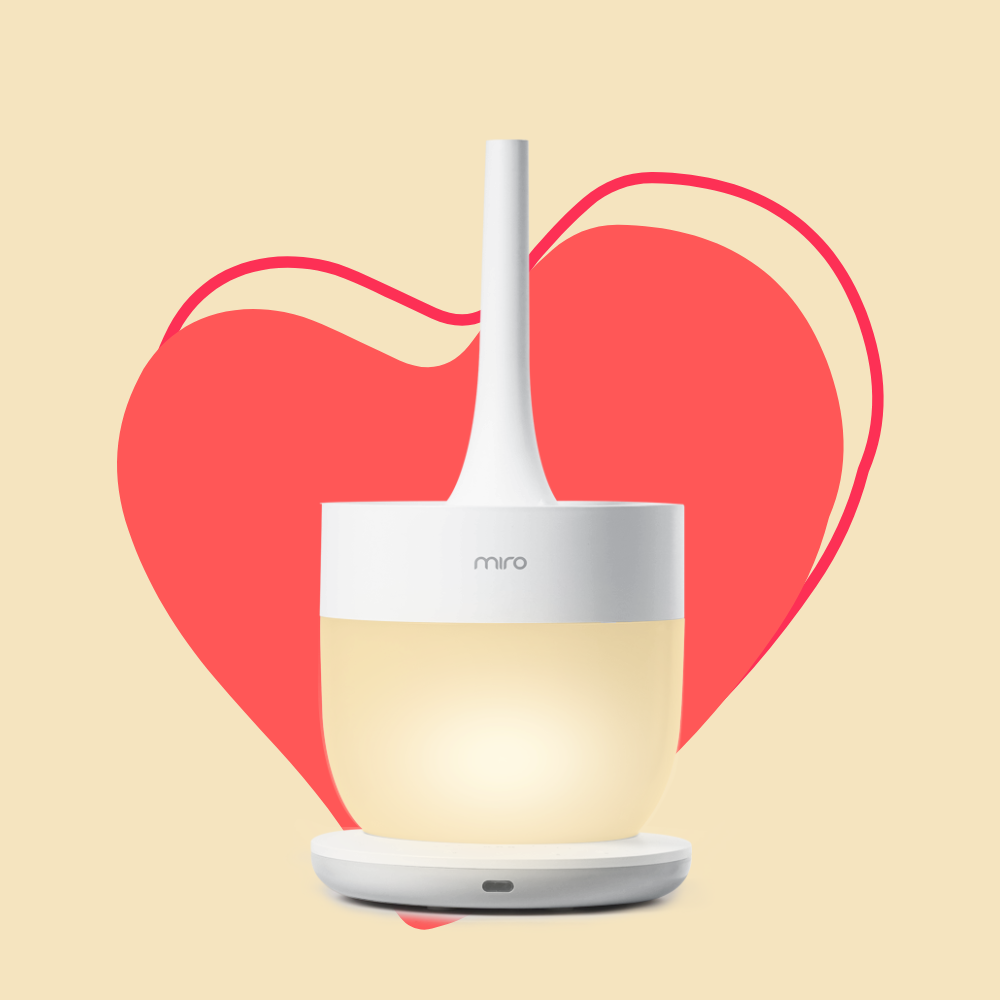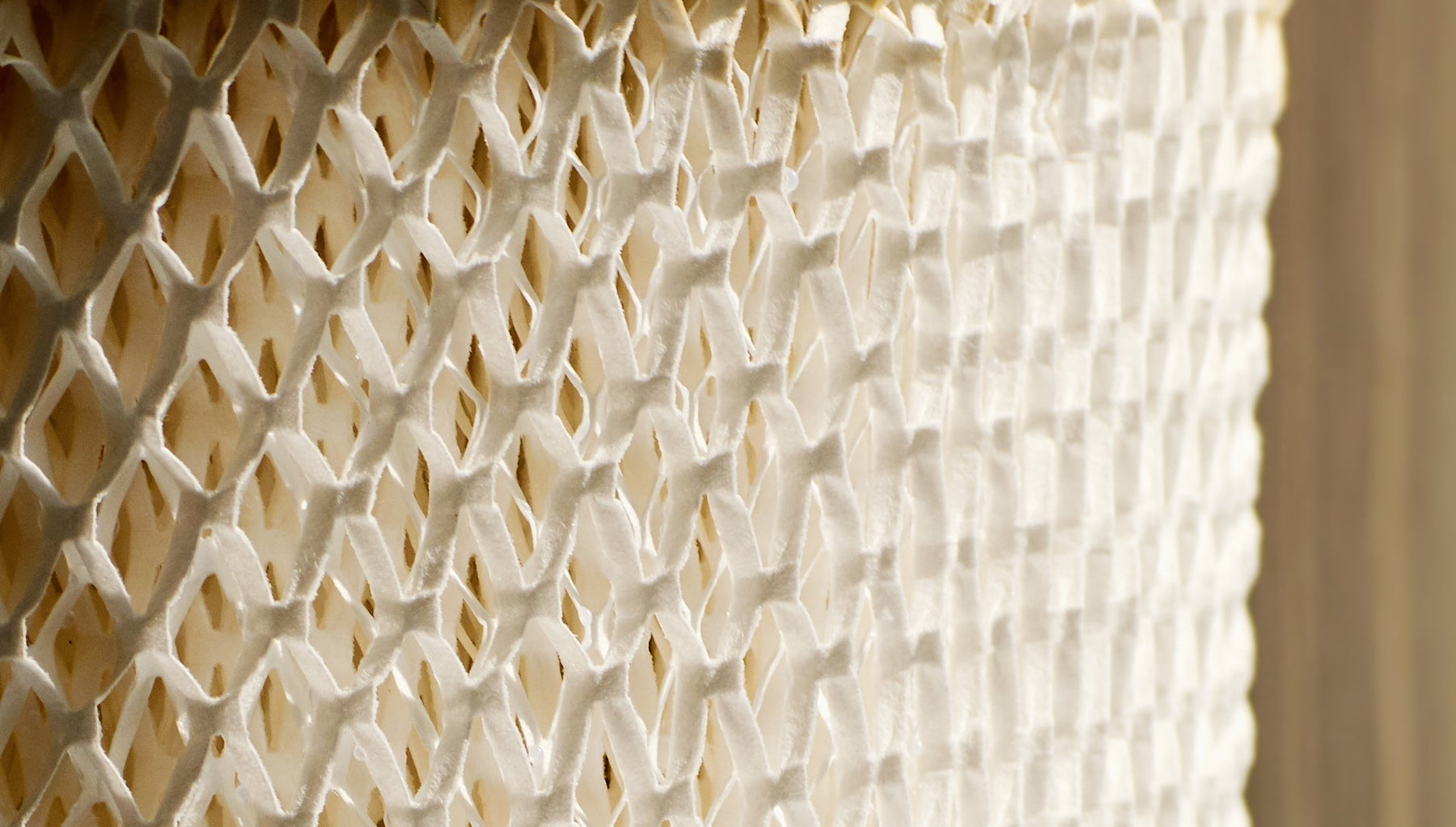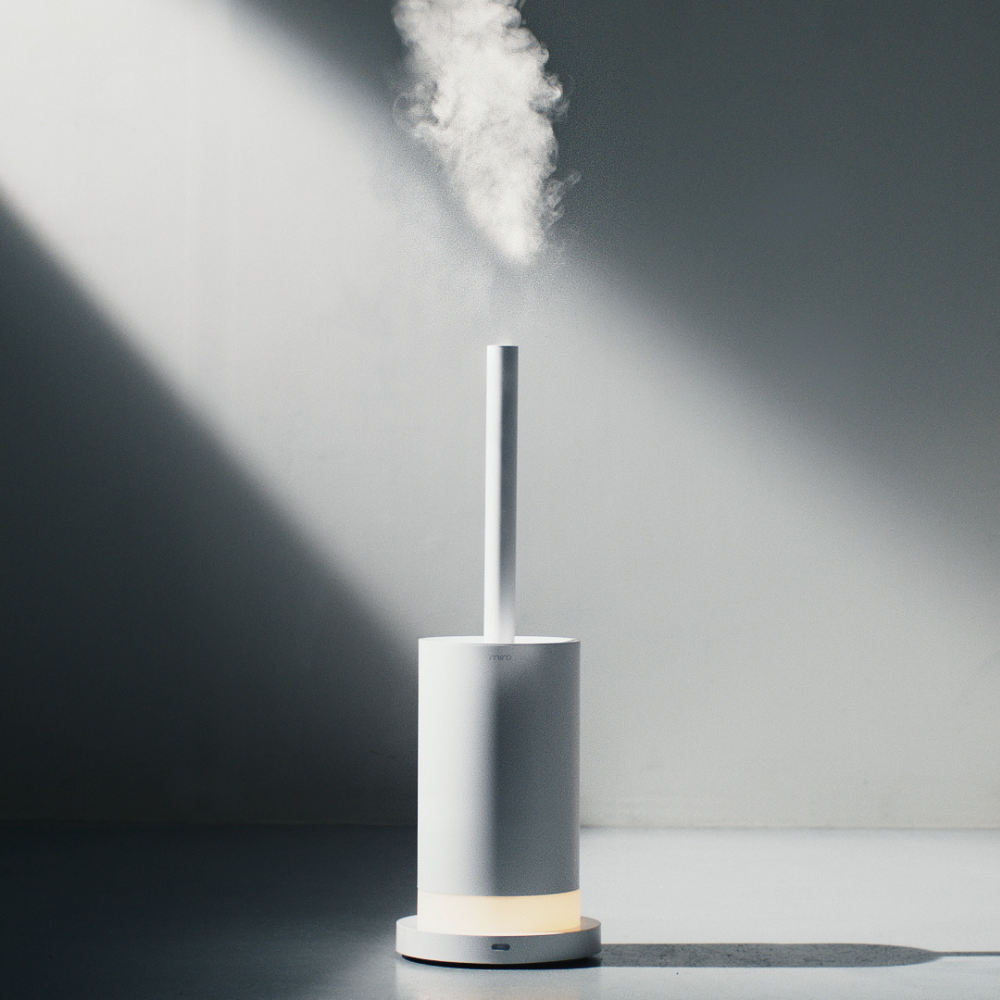

Can You Use a Humidifier Without a Filter? Everything You Need to Know
A humidifier is an essential household appliance that can help improve the quality of the air in your home by adding moisture to the air, which can help alleviate the problems caused by dry indoor air.
A common question many ask is, "Can you use a humidifier without a filter?" The simple answer is yes, but there are several factors to consider before using a humidifier without a filter.
Humidifiers without Filters
Filterless humidifiers allow you to add moisture to your home without using any chemicals. One type of filterless humidifier that uses water is the ultrasonic humidifier.
You fill the tank with distilled water and then turn on the device. The sound waves create a fine mist of water droplets, which can be beneficial for sinuses and dry skin.
There are quite a few models of humidifiers that don't require filters. The trade-off is that these models usually need to be cleaned more often than those with filters.
If you have a humidifier with a filter, you don't have to clean it as often as one without a filter. However, it's essential to note that many humidifiers should be cleaned more frequently than most people realize.
The water you use inside the tank also plays a significant role in maintaining your humidifier and its effectiveness. Even if you have a clean air filter, using hard tap water can still cause issues with water stains and white dust settling around your humidifier, which can be a breathing hazard.
Waters with high mineral content are not suitable for humidifiers, as the minerals they contain can provide a food source for mold and bacteria to grow more quickly.
How Does a Filter-Free Humidifier Work?
Filter-free humidifiers operate by adding moisture to the air and releasing it into the room. There are different types of filter-free humidifiers, including those that use a fan, those that require distilled water, and those that employ ultrasonic waves to generate moisture. Using a filter-free humidifier can offer various benefits. Still, it may also have some drawbacks that could affect the overall room atmosphere.
Let's examine the advantages and disadvantages of using a humidifier without a filter.
Pros and Cons of a Humidifier without a Filter
Pros
Low Maintenance
One of the primary advantages of using a humidifier without a filter is that it requires less maintenance. Although you'll still need to clean the water tank and outlet, the overall effort and cost associated with maintenance are considerably lower compared to humidifiers with filters.
Cost Savings
Filterless humidifiers, such as ultrasonic models, can save money by eliminating the need to purchase and replace filters regularly.
Convenience
A humidifier without a filter can be more portable and convenient to use, allowing you to have it nearby whenever needed.
Cons
Risk of Bacteria and Allergens
Filters are designed to remove harmful bacteria and allergens that can thrive in the water tank. Without a filter, there is an increased risk of releasing bacteria and allergens into the air, which can potentially cause or exacerbate health problems, particularly for those with respiratory issues.
Microorganism and Germ Transfer
Filterless humidifiers may release microorganisms and germs through the water vapor, potentially affecting the air quality and increasing health risks.
Black Mold
The absence of a filter can increase the risk of black mold growth in the humidifier, which can then be released into the air and cause health issues.
White Dust:
Using a humidifier without a filter can result in a layer of white dust settling on surfaces in the room. This dust is composed of minerals present in the water and can be an irritant for some individuals.
Pros and Cons of a Humidifier with a Filter
Pros
Absorb minerals
Minerals in tap water can be released into the air when using a humidifier. The minerals can appear as white powder on surfaces, which can cause allergies and asthma. A filter can help by absorbing these minerals before the mist is dispersed into the air.
Clean the air
Filters can help to remove bacteria and allergens from the air that may be released along with the water mist. This is especially important for people who suffer from respiratory issues or skin conditions, as a filter can help to create a cleaner living environment.
Extend humidifier lifespan
Filters can help remove mineral deposits from the humidifier, allowing it to maintain optimal performance and extend its life. Without a filter, mineral accumulation and other impurities may cause the unit to stop working after a year.
Improve air quality
Humidifier filters can improve the air quality in your home by reducing allergens, pollutants, and irritants. This can help prevent respiratory problems and create a healthier living space.
Cons
Maintenance
Like all appliances, humidifiers require regular cleaning and maintenance. Filters need to be cleaned at least once a week if used daily, and some models require replacement every two months. Special cleaning solutions may also be needed to avoid damaging the filter.
Secondary pollution
If filters are not cleaned regularly, the harmful substances they have absorbed can cause secondary pollution, posing health risks.
Remember to consider your specific needs and living environment when deciding whether to choose a humidifier with or without a filter. Both types have their advantages and disadvantages, and the right choice depends on factors such as budget, health concerns, and maintenance preferences.
The Problem of White Powder and Choosing the Right Humidifier
The white powder issue arises when a humidifier without a filter disperses minerals from the water into the air along with the mist.
This can lead to health problems and damage to furniture. To help you decide whether to buy a humidifier with or without a filter, consider the following factors:
Adding Inhalants:
Choose a filterless model if you plan to add specific inhalants to the humidifier. The filter can reduce the risk of contamination in the mixture of water and inhalant, allowing you to maximize the benefits of the inhalant.
Limited Budget:
If you have a limited budget, a filterless humidifier might be a more cost-effective option, as it requires less maintenance.
Caring for a Sick Person:
Suppose you're caring for someone who is ill. In that case, a humidifier with a filter is the better choice, as it can help remove germs, bacteria, and viruses from the air.
Dusty Environment:
If you live in a dusty environment, opt for a humidifier with a filter to prevent further dust accumulation.
Uncertain Water Quality
If you're unsure about the quality of your water, choose a humidifier with a filter to reduce the spread of minerals in the air. Using pure water is another option, but it can be expensive.
Children in the House:
Since children are more susceptible to allergies and infections, choosing a humidifier with a filter is recommended if you have kids at home. This will reduce the risk of introducing bacteria and viruses into the indoor air.
Can You Use Tap Water in a Humidifier?
Using tap water in a humidifier will work for a while, but the mineral content in tap water will eventually reduce the effectiveness of the humidifier.
When using tap water, you may also notice more calcium deposits and white dust forming around your humidifier.
However, using tap water will not cause a humidifier to stop working. It will continue to function, at least for the time being.
If you decide to use a humidifier without a filter or run it with tap water instead of demineralized water, be prepared to clean the unit more thoroughly and more often.
You might also consider upgrading to a better humidifier in the future to ensure optimal performance and longevity.
Distilled is Best For Humidifiers
The consensus is that distilled water should always be used in a humidifier because it goes through a process of removing minerals. However, the cost of using only distilled water in your humidifier can add up quickly.
To offset the cost, you can use hard water filters on your faucets to filter out most of the minerals in your tap water before putting it in the humidifier.
Hard water filters are relatively inexpensive compared to the gallons of distilled water you would need to purchase throughout the dry season.
Home water distillers and water purification systems are also good options for removing chemicals and minerals from tap water.
While the upfront cost can be substantial for some of these units, they are an investment not only for your humidifier but also for your overall health.
Demineralization cartridges are another option to consider. These cartridges work a bit like an ionizer, causing particles inside the humidifier to clump together so that they become too large to escape the humidifier basin.
However, this solution has a few drawbacks: they primarily work in ultrasonic humidifiers and represent a recurring cost.
What Does a Dehumidifier Do?
Before discussing humidifiers, it's essential to understand humidity and its impact on our well-being. In winter, the air is relatively dry, with average daytime relative humidity often less than 50%. Combined with cold weather and indoor heating, indoor humidity can drop to around 30%.
This low humidity can negatively affect our health, causing dryness in the nasal passages, breathing difficulties, and more.
Relative humidity, which we typically refer to when discussing air humidity, is the ratio of actual water vapor pressure in the air to the saturation water vapor pressure at the current temperature.
The most suitable air humidity for the human body is generally between 40%-65%. This humidity level range also provides the shortest lifespan for harmful bacteria, ensuring that human skin and breathing are in optimal condition.
Microorganisms floating in the air and adhering to various surfaces are closely related to the water in the air. When temperature and humidity are suitable, these organisms grow and multiply rapidly.
Pollutants like mold and bacteria thrive in environments with high humidity and the right temperature. This is why we need devices to maintain or improve air quality.
A humidifier is a machine that can make a difference in humidity levels. The unit helps add moisture to the air, reducing dryness. Low humidity can cause congested sinuses, lung problems, and skin irritation.
Besides addressing health issues, a humidifier can also protect furniture, wallpaper, and wooden items from damage caused by excessive drying.
Wrap Up
The choice between a humidifier with a filter and one without depends on your specific needs, preferences, and the type of humidifier you have.
A humidifier with a filter is generally more efficient and healthier, as it traps dust particles, improves air quality, and can potentially last longer. Yet, it may require more maintenance and could be more expensive in the long run.
On the other hand, ultrasonic and warm mist humidifiers can function effectively without filters. These types of humidifiers use water vapor technology to humidify the air, and not using a filter might not cause significant issues. That said, using a filter is essential if you have an evaporative cool-mist humidifier.
It's crucial to weigh the pros and cons of each type of humidifier and consider any potential health risks associated with using one without a filter.
If you're unsure about which option is best for you, consult with your doctor or a professional to make an informed decision.


